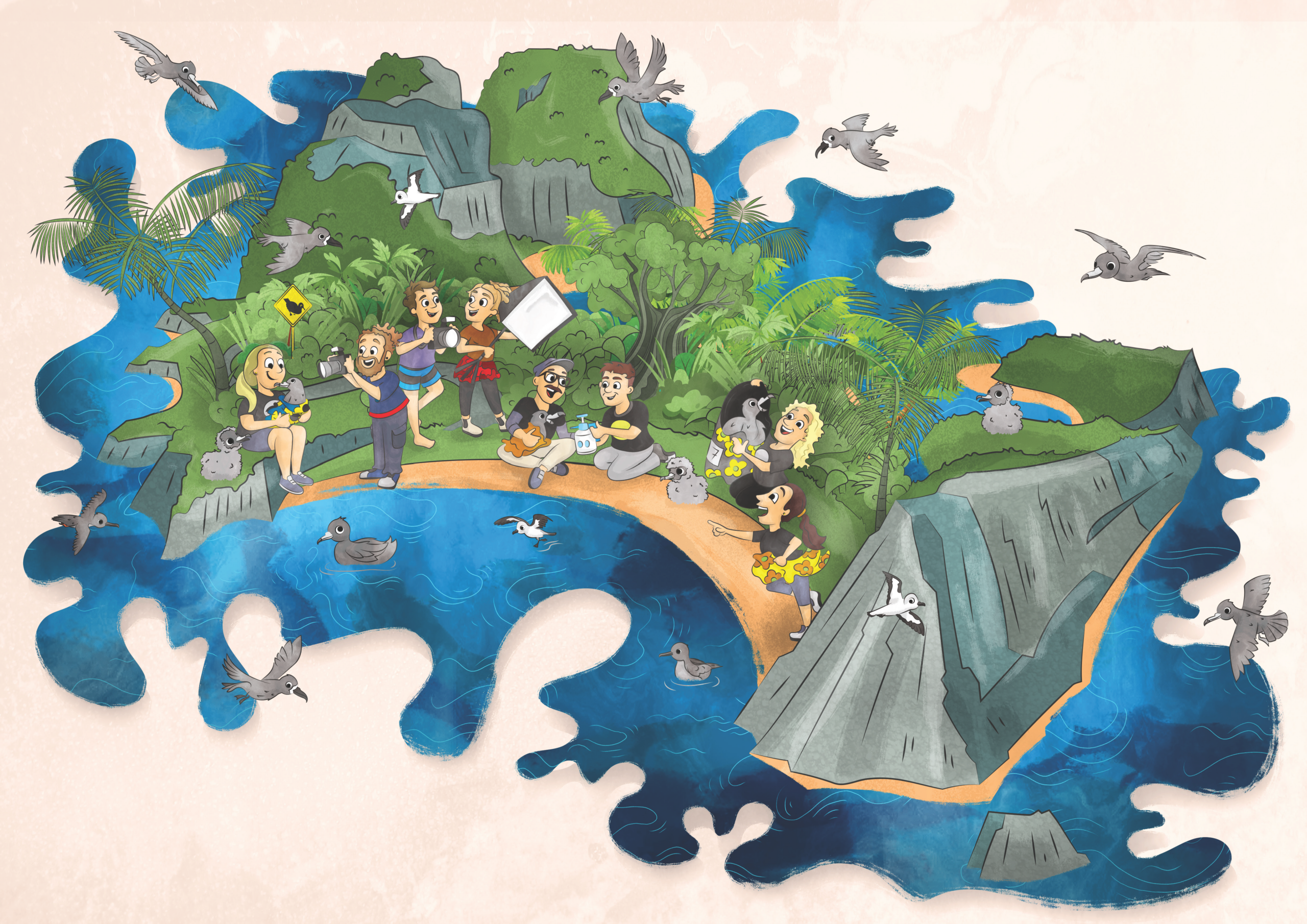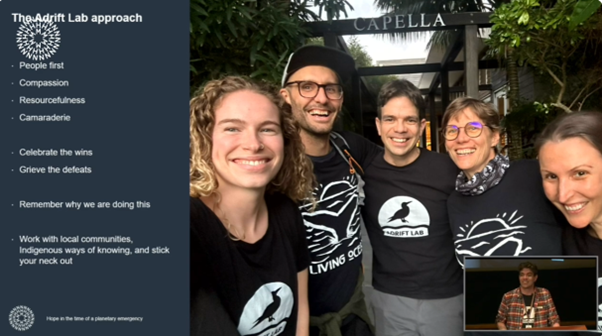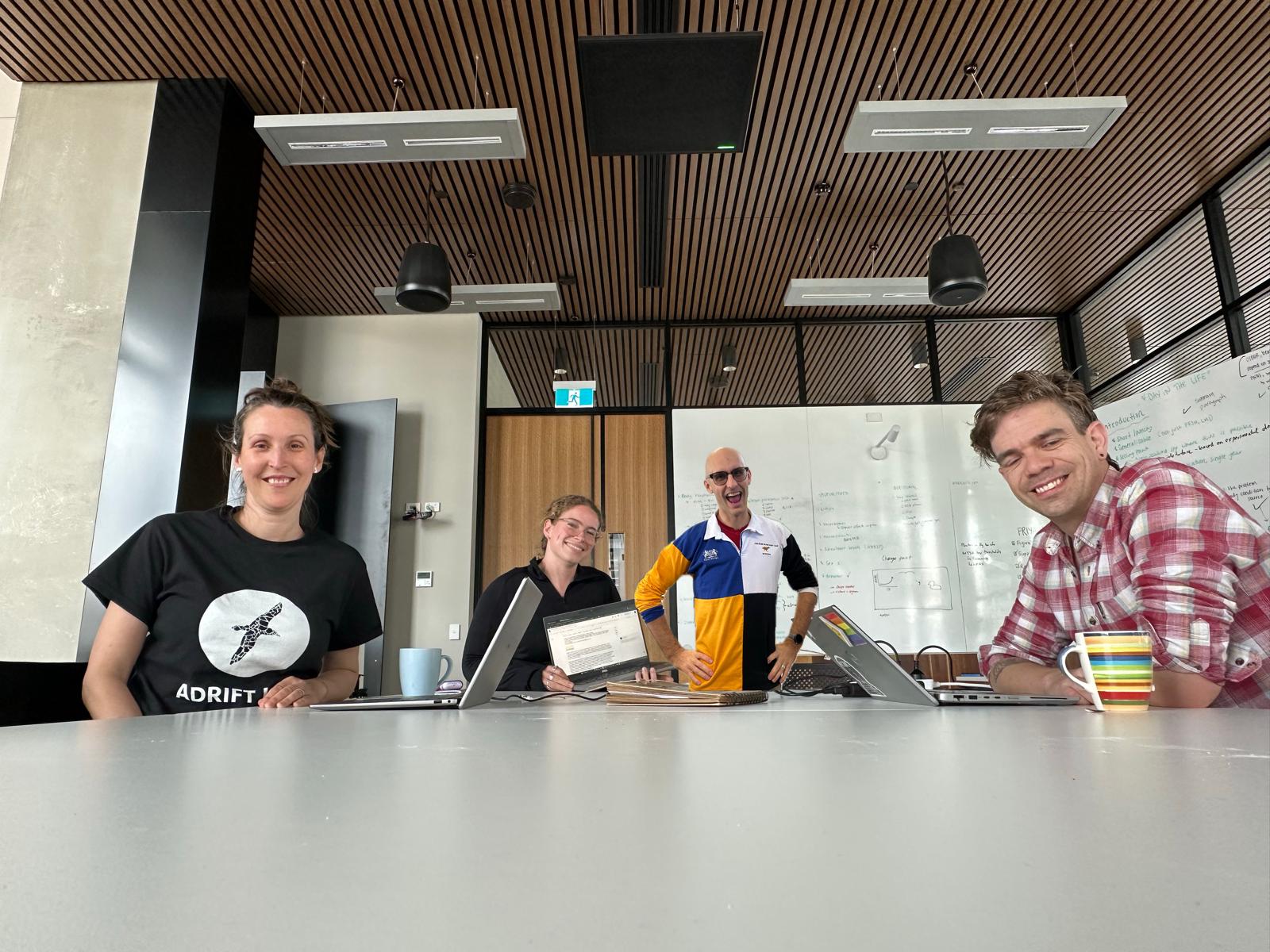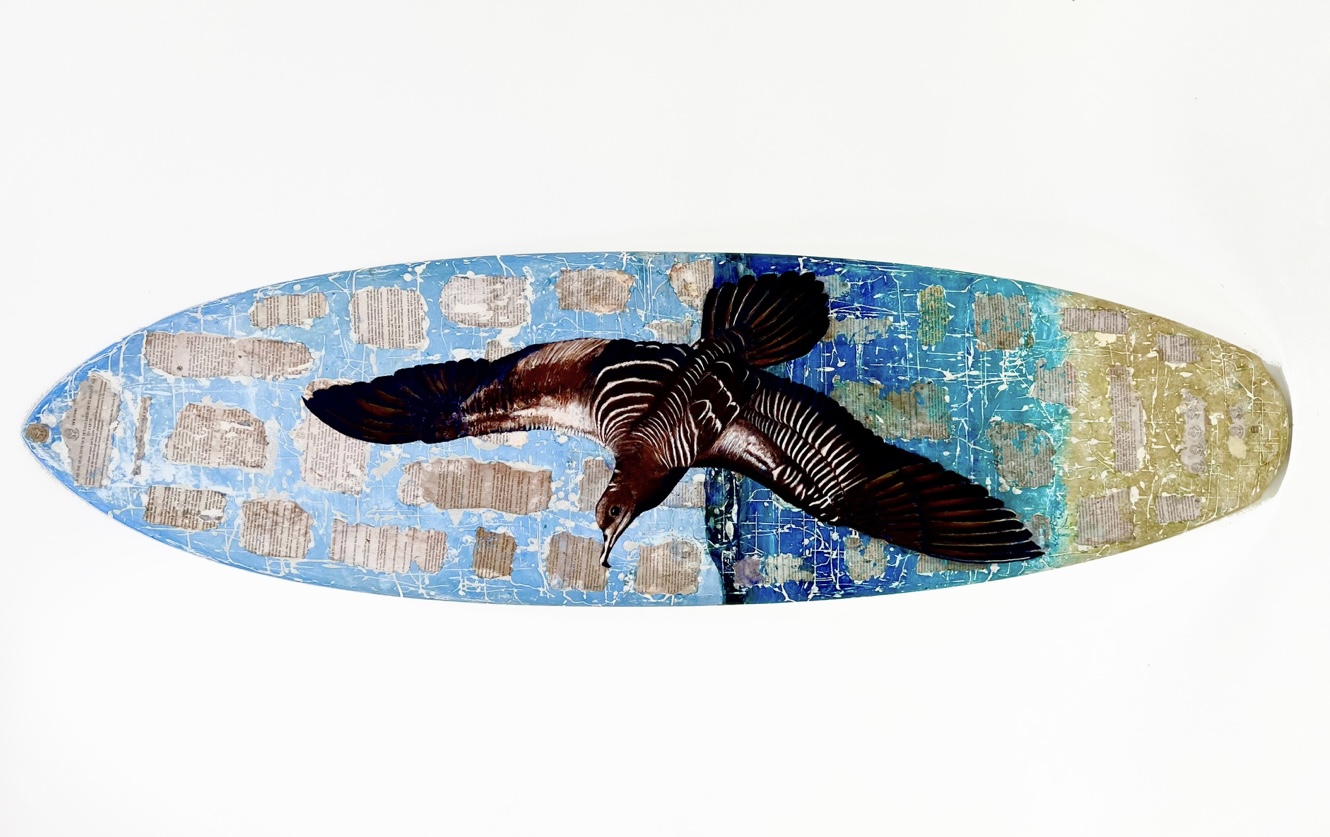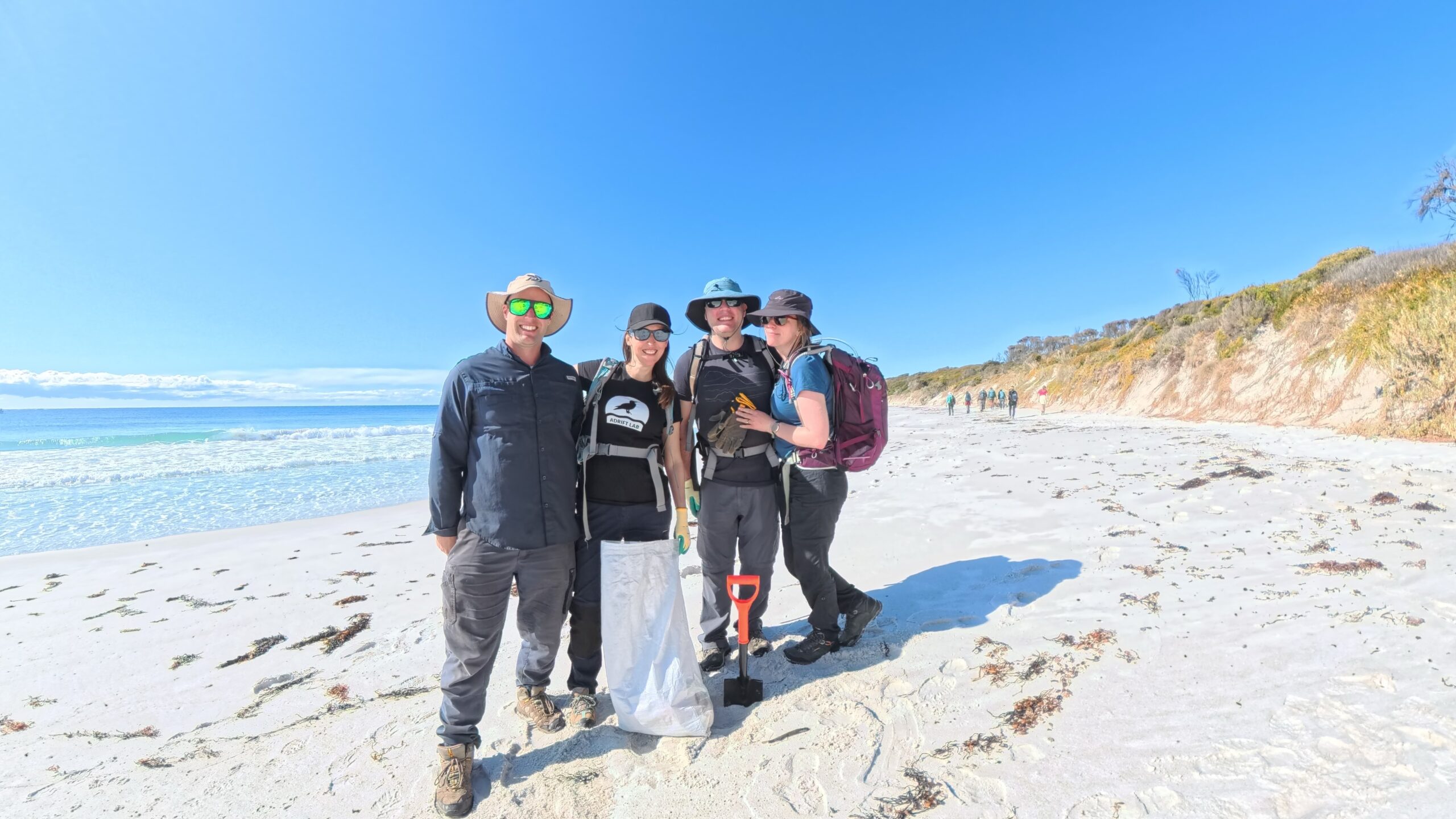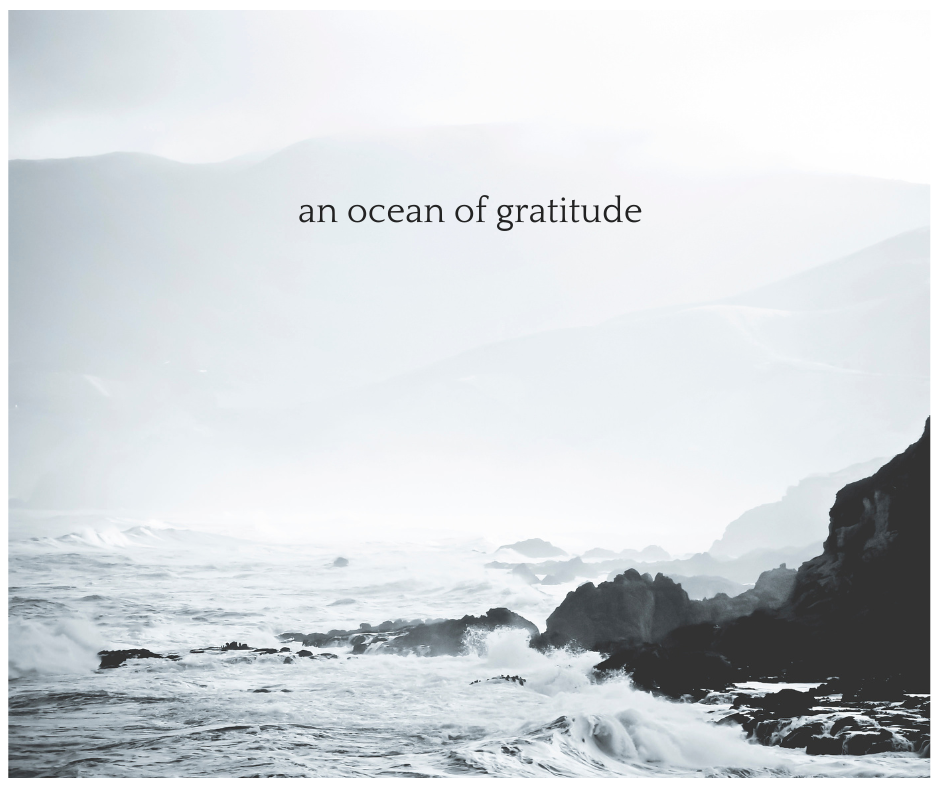Alice Hope Joins Adrift Lab
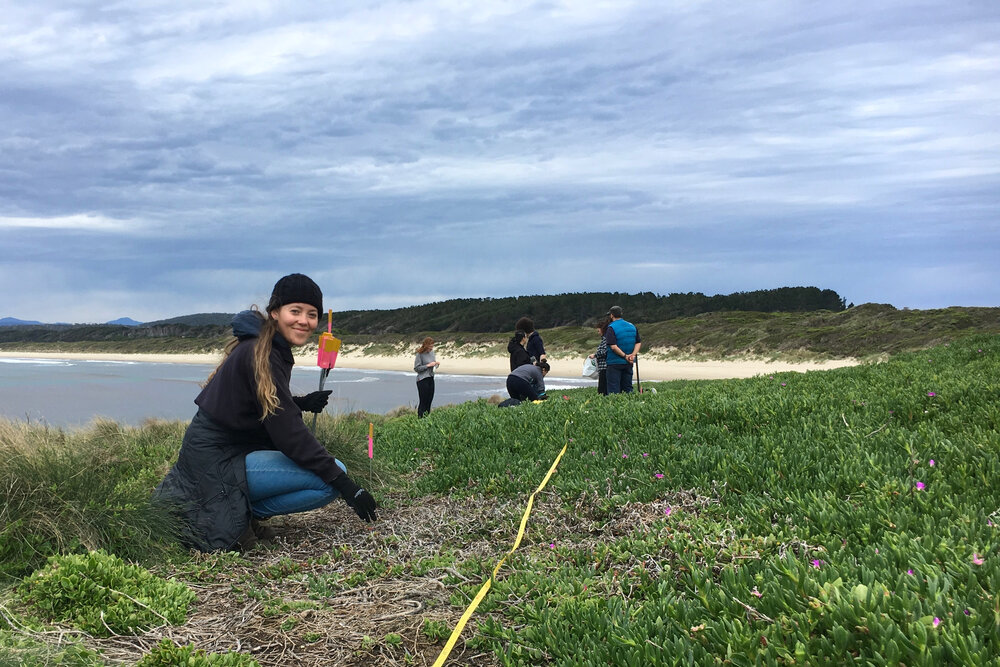
My name is Alice, and I will be joining the wonderful Adrift lab in July 2020 to complete my honours year. I am extremely excited to be working with some of the leading scientists in marine plastic research, as well as a team of passionate fellow students. I have studied a Bachelor of Marine and Antarctic science at The Institute for Marine and Antarctic Studies for the past three years. This degree has provided many opportunities to study marine science abroad, helping me gain a deeper understanding and passion for science. I am looking forward to conducting my own research and using the skills I developed during my undergraduate study.
My honours research is a collaboration with GEOMAR – The Helmholtz Centre for Ocean Research Kiel, through the Global Approach by Modular Experiments (GAME) program. This is an international program that combines applied research with academic training of young scientists and focuses on current ecological issues in the marine environment. My research will focus on mussel beds, which are abundant in many coastal areas worldwide. In various locations it is now common to find plastic debris incorporated in mussel beds, particularly fishing materials. My research will explore whether the material has any influence on their structure, stability, functioning and biodiversity. This project will be one of the first studies to address the effects of marine plastic debris on higher levels of biological organization.
“It is a curious situation that the sea, from which life first arose should now be threatened by the activities of one form of that life. But the sea, though changed in a sinister way, will continue to exist: the threat is rather to life itself.”
— Rachel Carson, The Sea Around Us
I have had the privilege of growing up in Tasmania, 45 minutes from Hobart, by a pristine beach abundant with marine life. It was inevitable that I would develop a deep infatuation and respect for the Ocean. Like most kids, my initial interest was towards the larger charismatic organisms such as seabirds, cetaceans, sharks, and rays. However, as I have progressed through the early stages of my scientific career, my appreciation has grown immensely towards the smaller, even microscopic organisms. It is often the underappreciated organisms, such as mussels, that play a fundamental role in maintaining a healthy marine ecosystem. I believe the most important role of a marine biologist is to help the public make these connections and understand how essential the Ocean and its inhabitants are for all life on earth.
From Dr Jennifer Lavers
This is a particularly exciting project as it’s highly collaborative in nature, and is focused on mentoring the next generation of young marine scientists. It also has a strong international focus, involving researchers from Tasmania, Chile, Germany and elsewhere – no small achievement, especially during the COVID-19 lockdown. At Adrift Lab, we’re extremely grateful for the generous support provided by Mark Lenz (GEOMAR) and Jeff Wright (IMAS).
Subscribe for updates
Keep up to date with what we’re working on! We’ll send you emails about the lists you opt in to, and you can unsubscribe at any time.
